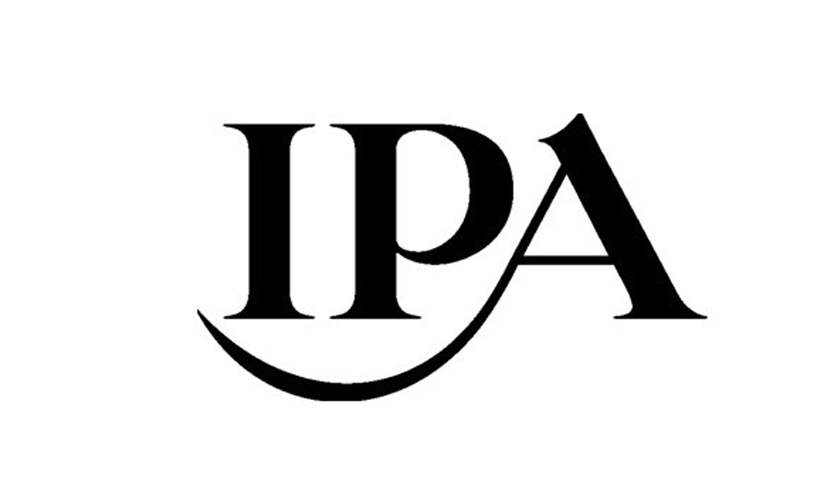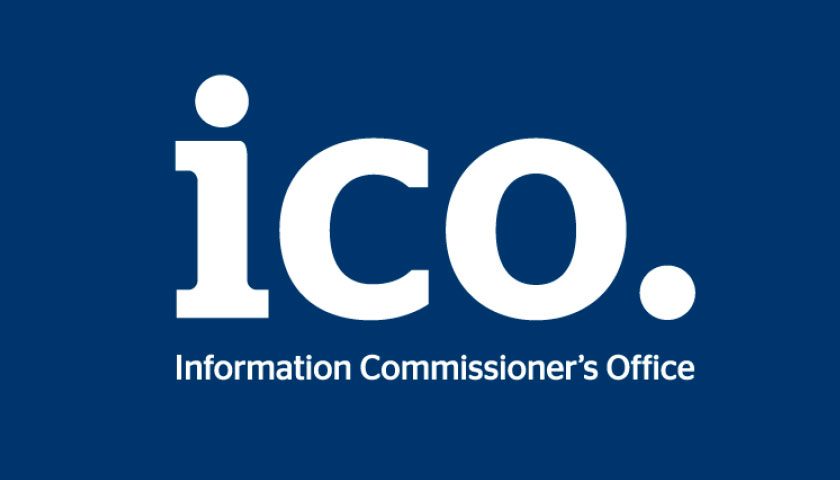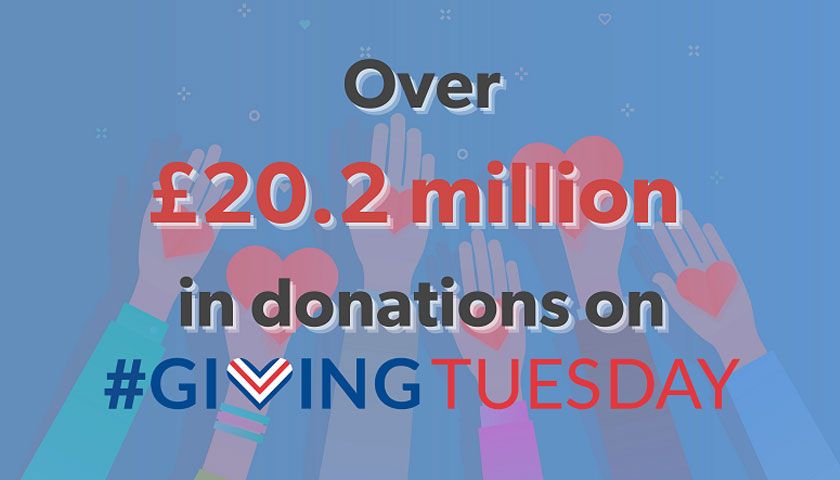The recent underwhelming performance of marketing budgets continued during the third quarter of 2019, with UK marketers recording a slight reduction to spending availability amid heightened economic and political uncertainty.
A net balance of -0.5% of firms registered downward revisions to their total marketing budgets during Q3. Although this is the first time in seven years that marketing executives have observed cuts to their allocated spending, the net balance was broadly unchanged from the prior quarter (+0.0%) and fractionally below neutrality, highlighting the underlying tone of hesitancy that dominated UK business decision making for the most part of the year.
Nearly two-thirds of the Bellwether panel (64.1%) reported no change to their overall marketing budgets in the third quarter. There were reports that economic and Brexit-related uncertainty warranted a ‘wait-and-see’ approach. Low consumer confidence was said to have generated hesitancy towards spending, leading firms to hold back on big-ticket marketing drives and tighten the purse strings. Others indicated that, in the interest of cost efficiency, they had re-allocated budgets to online and social media-based campaigns, keeping total budgets unchanged in the process. Approximately 18.2% of firms cut total advertising expenditure, while 17.7% reported budget growth.
The continued shift towards digital marketing was once again highlighted as the internet category remained the top performer in the third quarter. A net balance of +11.1% of firms observed budget growth here (+11.5% previously). The development of new online tools encouraged firms to boost internet budgets available to marketing executives. Data driven campaigns and a greater push towards social media advertising also underpinned the continued rotation into the digital space. Within search/SEO, which lies within the broader internet category, however, the net balance declined to +6.1%, from +9.9%, its lowest since Q4 2018. Meanwhile, mobile advertising budgets were reduced for the first time since the end of last year. The net balance dipped into negative territory (-0.6%) following stagnation in the second quarter (+0.0%).
However, main media advertising budgets were placed on hold during the third quarter (+0.0%) following some relatively solid upward revisions in the first two quarters of the year (+5.2% and +5.6% respectively), signalling a reluctance among firms to commit to big-ticket marketing campaigns.
The remaining types of marketing all recorded in contraction territory, with the worst performer being market research (-16.9% from -2.9%). Budgets here were cut to the sharpest extent across the seven-year series history. Elsewhere, direct marketing spending was reduced (-7.0% from -9.0%), as has been the case since Q4 2017, and continued declines were also seen for sales promotions budgets (-2.3% from – 7.1%), PR budgets (-4.7% from -5.2%). Meanwhile, events marketing budgets were downwardly revised for the first time since Q3 2018 (-5.9% from +4.8%), while ‘other’ marketing expenditure, which captures anything not already included, also contracted (- 13.9% from -12.8%).
Own-company outlook remains bleak
Company and industry-wide prospects remained in negative territory for a fourth consecutive quarter during the latest Bellwether survey, highlighting a sombre mood among panellists.
The degree of pessimism across both outlooks were broadly in line with those seen during the second quarter. Industry-wide expectations were among the most downbeat since Q4 2011 and only narrowly less negative than in the previous Bellwether report. The net balance posted a fractional rise to -25.0% from – 25.6% in the second quarter.
There was also a slight improvement rise in the net balance of firms indicating worsened financial prospects for their own company, this time from -9.8% in the second quarter to -9.4%. Again, expectations were among the most pessimistic since the final quarter of 2011.
Adspend forecasts for 2019 subdued, but improvement forecast beyond 2020
There has been little real change since the second quarter, with the UK economy remaining subdued and likely to post only marginal growth in the third quarter. The Bellwether Report has subsequently decided to leave its forecasts unchanged to reflect this and remains cautious towards 2019. Overall, it anticipates a modest 1.1% annual increase in adspend over the year as a whole. Various factors underpin its reservation, namely sustained Brexit uncertainty and a weak economic backdrop.
Nevertheless, it believes businesses will be eager to accelerate marketing efforts once uncertainty has cleared, and subsequently sees 2020 onwards being more positive on the adspend front. It expects growth of 1.8% in 2020, followed by stronger rates of increase in 2021 (2.0%), 2022 (2.2%) and 2023 (3.1%).
Commenting on the latest survey:
Paul Bainsfair, IPA Director General: “It’s a false economy to cut one’s ad budget when things look uncertain. The evidence shows that far from being prudent, it can have a negative long-term effect on growth. Companies that hold their nerve consistently, and that invest in the 60:40 ratio of longer-term brand building to shorter-term sales activation, outperform the market.”
Joe Hayes, Economist at IHS Markit and author of the Bellwether Report: “The latest Bellwether survey spells further disappointment for the UK marketing industry, which is suffering, just like the rest of the economy, as a result of spending delays, firms placing projects on hold and subdued business confidence. The UK economy has endured a tough year so far and firms have subsequently withdrawn discretionary spending to protect profit margins.
“Perhaps the most discouraging sign is to see firms sitting on the fence regarding main media advertising, which is a vital form of long-term brand building, following resilient budget growth in the two previous quarters. Overall, as long as political and economic uncertainties remain at large, it will be surprising to see noteworthy boosts to marketing spending.”



